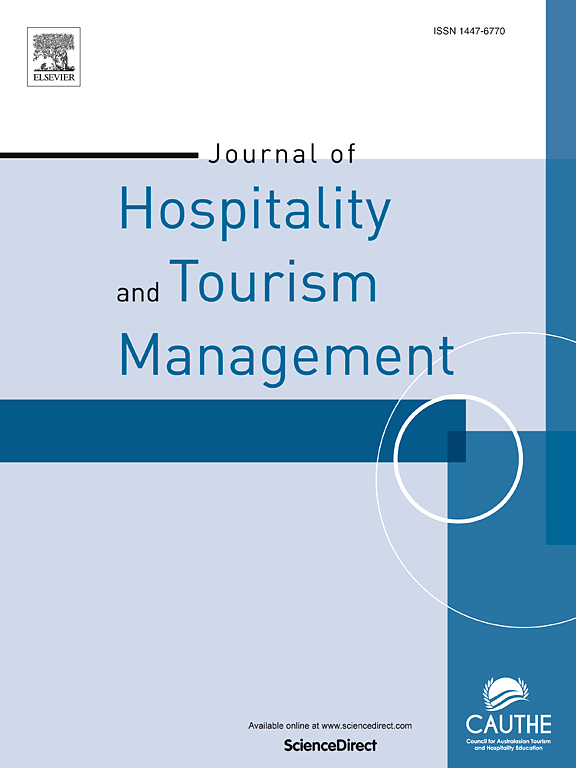Persuasive strategies for encouraging food waste reduction: A study of temporal focus, message framing, and the role of perceived trustworthiness in restaurant
Abstract
Restaurant and foodservice industry contributes a substantial amount of food waste each year, which makes it a concern to the society. Reducing food waste requires active involvement from consumers, and advertising messages could possibly encourage consumer involvement by increasing their awareness of the food waste issue. To promote restaurant consumers' positive intentions to reduce food waste, this study proposes effective communication strategies by analyzing the relative persuasiveness of two advertising elements: temporal focuses (past versus future) and message framings (attribute versus benefit). By incorporating consumers' perceived trustworthiness toward restaurants' food waste reduction practices, this paper further investigates how these proposed communication tactics can be operationalized. Results reveal that advertisements emphasizing future promises and social benefits of food waste reduction efforts can effectively promote consumers’ intentions, specifically by triggering a higher perceived trust in both ability and integrity. The moderated mediation effects of perceived trustworthiness were confirmed.

 求助内容:
求助内容: 应助结果提醒方式:
应助结果提醒方式:


